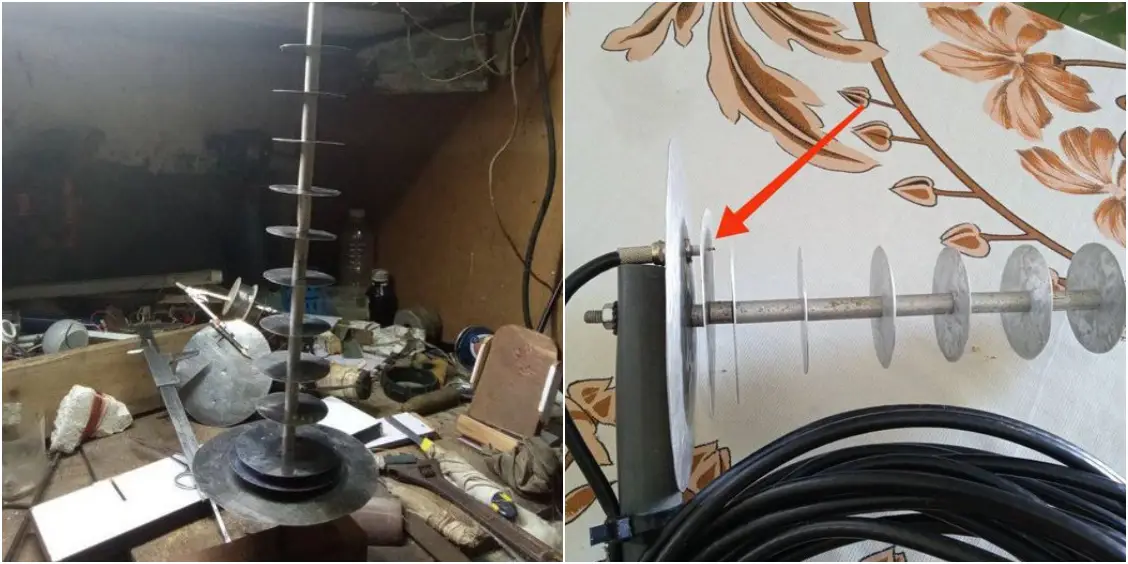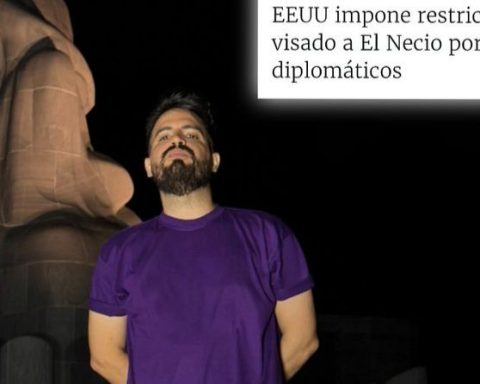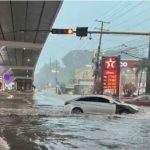HAVANA, Cuba. – In recent weeks, the energy crisis has worsened throughout the Island. With many hours without electricity service, there are few backup systems that manage to provide emergency power to the radio bases of the island. Cuban Telecommunications Company (ETECSA) that still resist.
Cubans have had to resort to inventiveness again to be able to stay connected to mobile data networks, since these blackouts leave everyone without connection, even making it impossible to make calls or send SMS.
During blackouts of up to 20 hours a day, such as those currently being experienced, the ETECSA transmitting antennas that provide mobile data service to the population usually only remain operational for between half an hour and an hour. Once that time has passed, many people are left without connection.
However, there are other radio bases that, due to their location close to state establishments of interest equipped with electric fuel backups, remain active.
CubaNet He kept abreast of the initiatives of technology enthusiasts to know how they were doing to maintain communications.
According to consulted sources, the first thing to try is to raise the position of the device and activate and deactivate airplane mode. This will cause the device to search for an antenna that provides service.
The next option is to switch to 3G networks, which, although a little slower, may have an active antenna and allow internet access. For calls and sending SMS, you can activate the 2G network option, which, although it does not have internet, is a way to stay connected through calls and text messages.
One of the most effective alternatives is the use of passive handmade antennas, which are antennas made at home with rustic materials. These antennas have proven to be very effective in connecting to the internet even in the middle of blackouts. Traditionally, they have been used by people in areas with low ETECSA coverage.
These antennas are also sold in the informal market at a price of approximately 6,000 Cuban pesos. The device, which does not require electricity, consists of an antenna that must be placed at a height, connected by a cable to a base at home where the telephone will be placed. In this way, the coverage and the possibility of connecting to a base station with Internet access increases significantly.
In the Facebook group “Disc antennas in Cuba” you can find precise information on how to make an antenna, as well as other tips. The group has almost 100,000 subscribers.
Leandro Rafael Perez Silva, subscriber of the group, comment: “This is my antenna. I made it. It took work but this is the result. Nothing is insulated in any way and without welding points.”
Although this option provides connectivity, the quality of the connection may not be optimal, since the few antennas that remain operational during the blackout are overloaded by high demand.
The Ministry of Communications (MINCOM) prohibits the use of repeaters and amplifiers on the pretext that they cause interference in the national network. However, homemade antennas are not included in this category. Additionally, repeaters become unusable during blackouts without additional power.

















